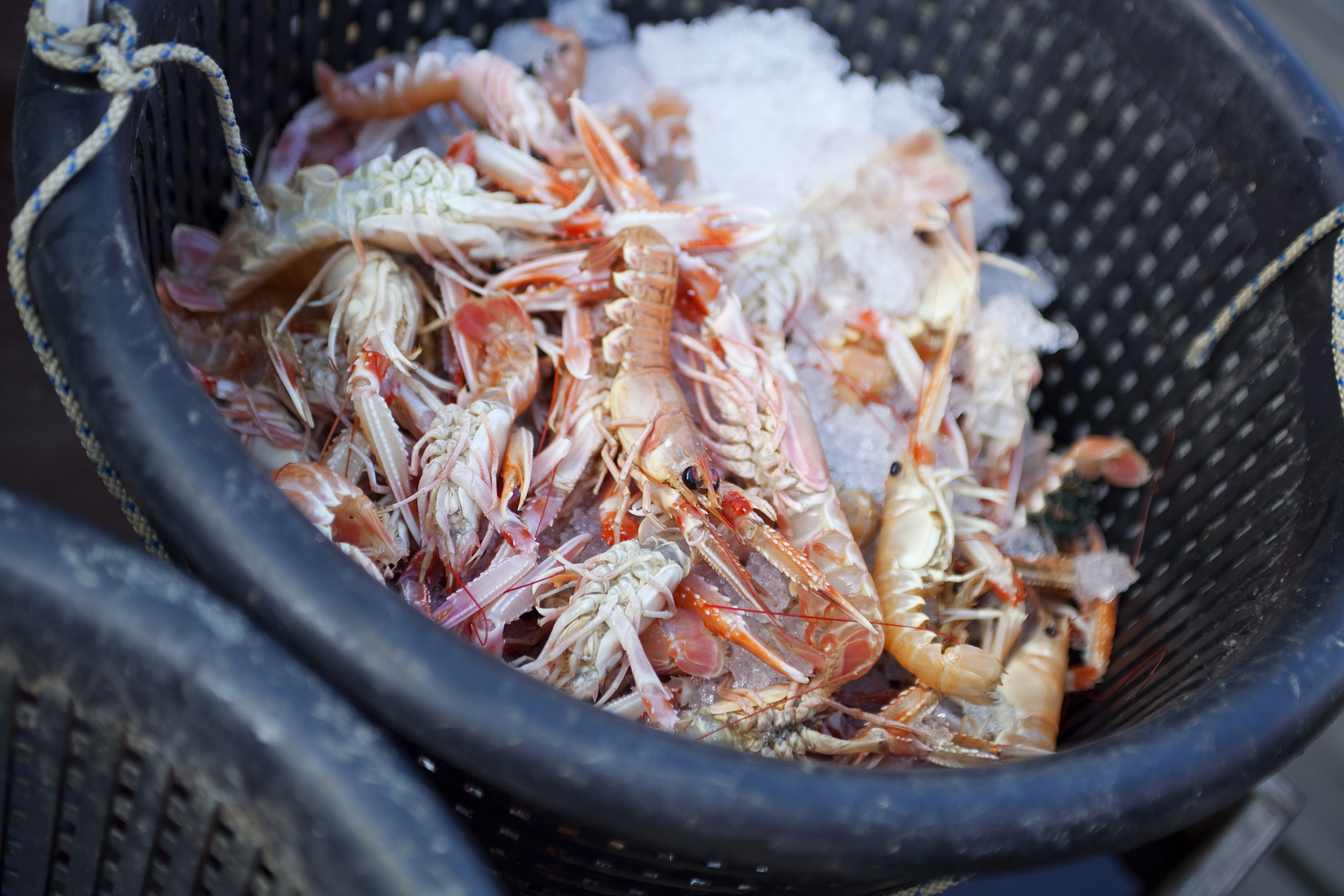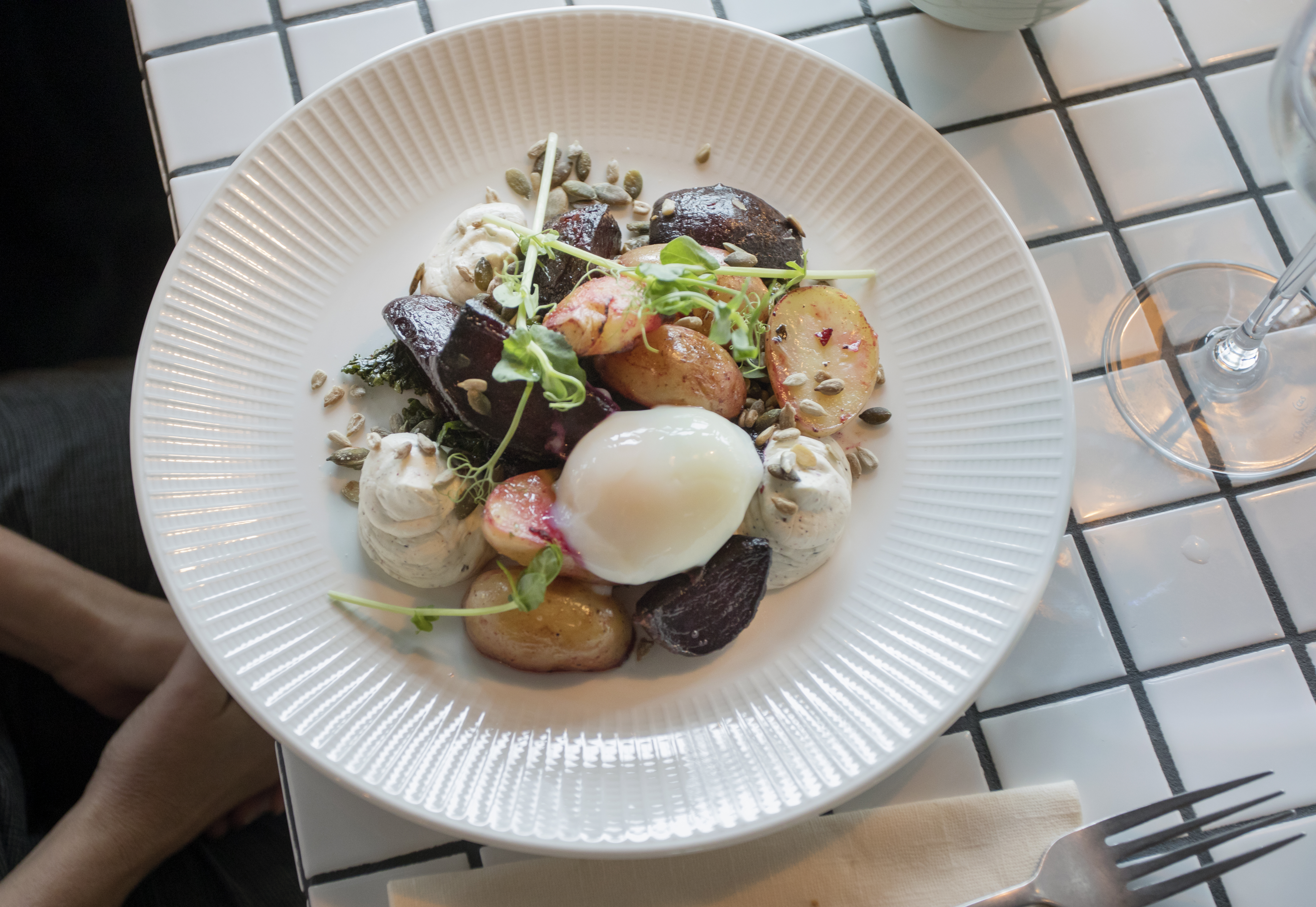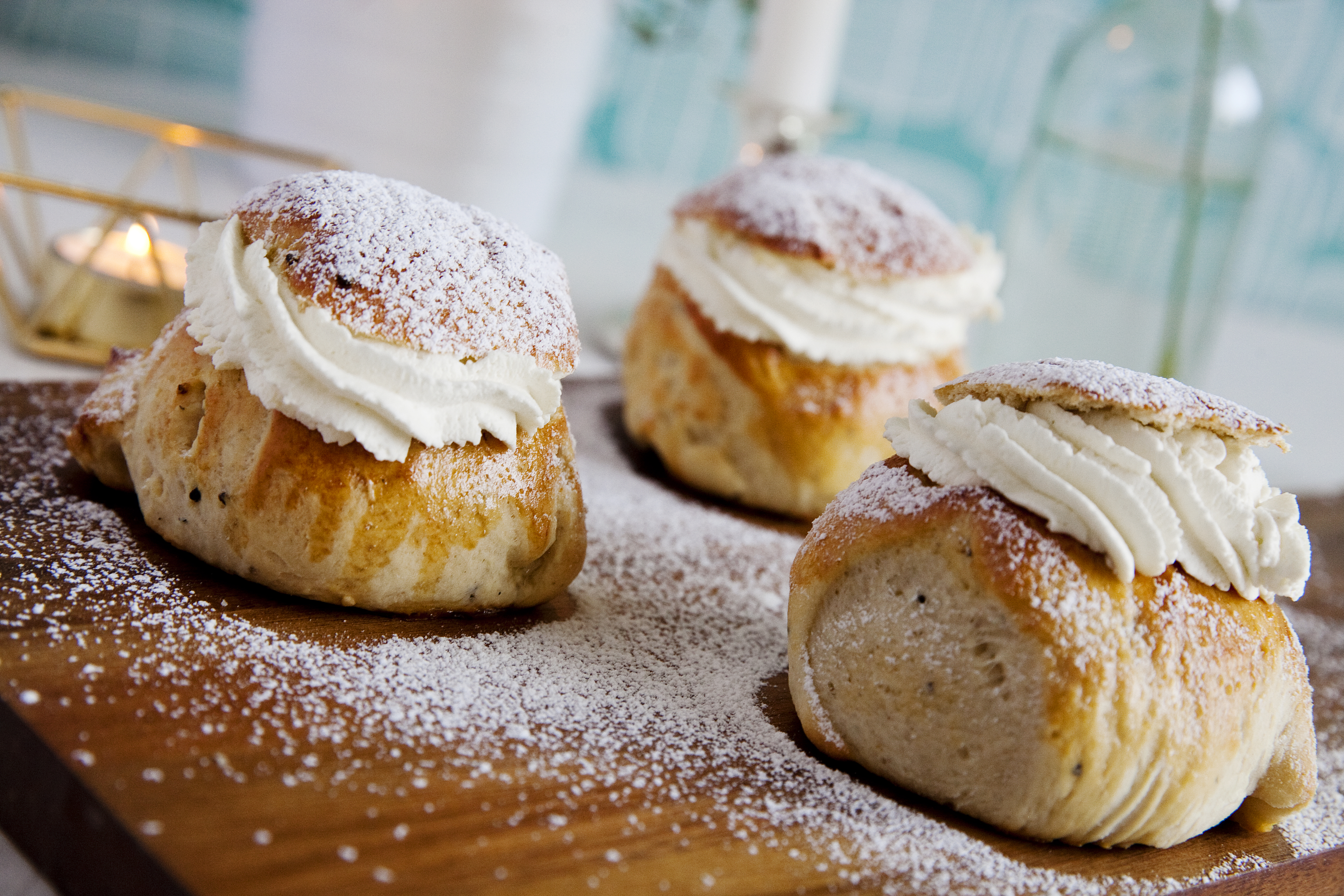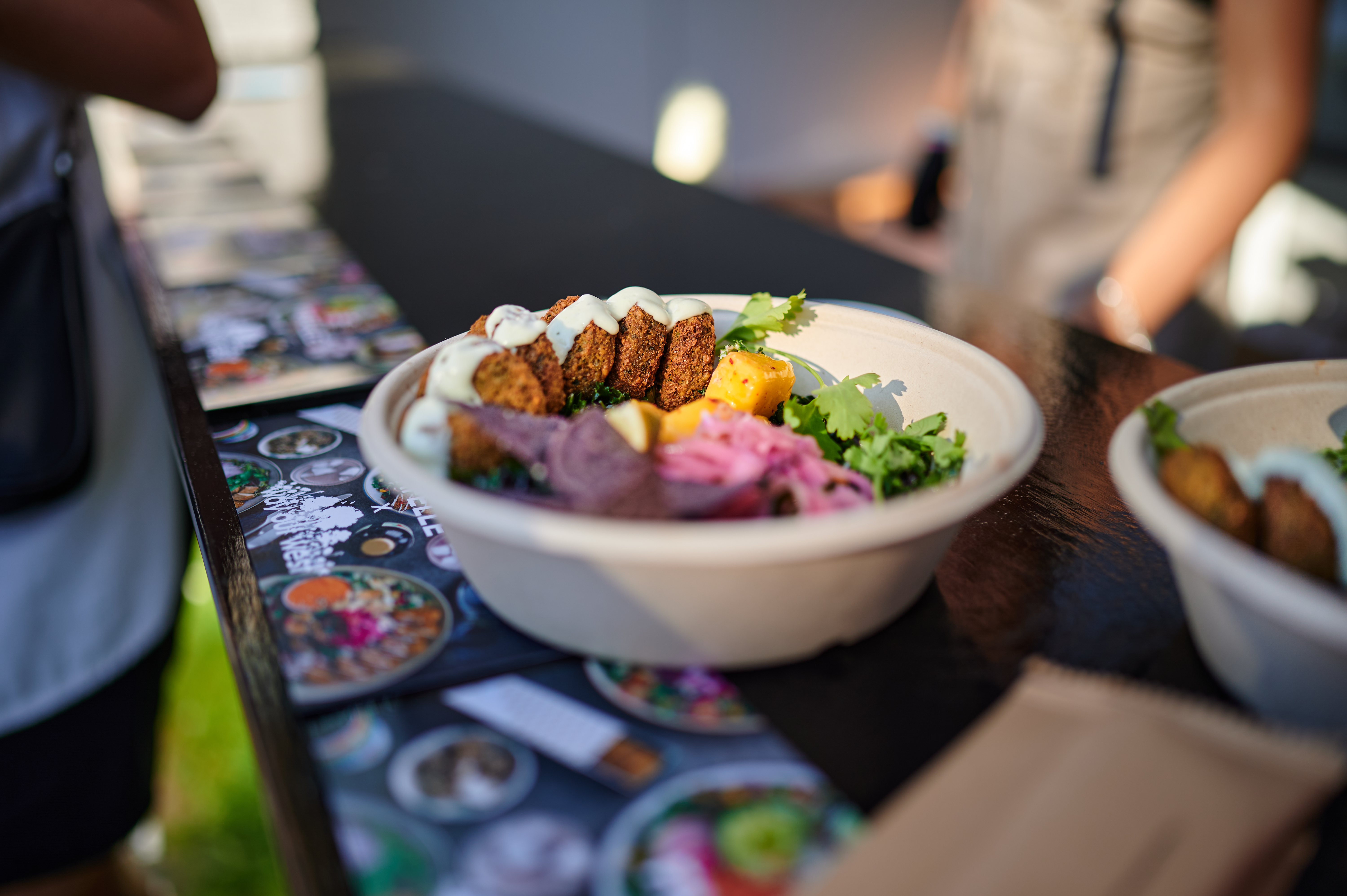Gothenburg
Gothenburg
© Göteborg & Co
Gothenburg is the second-largest city in Sweden, fifth-largest in the Nordic countries, with a population of approximately 1.1 million inhabitants in the metropolitan area.
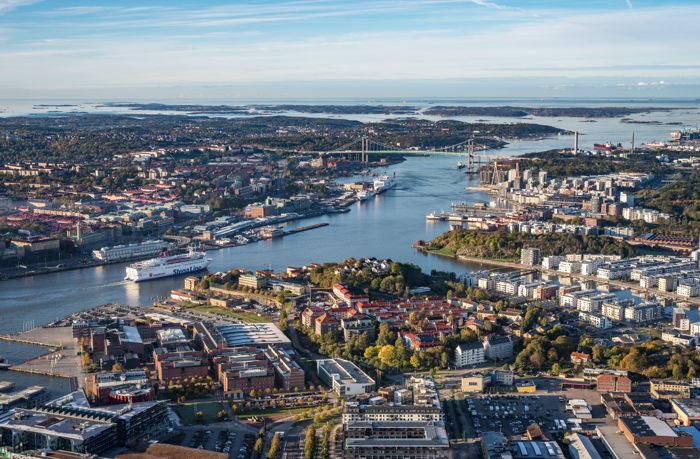
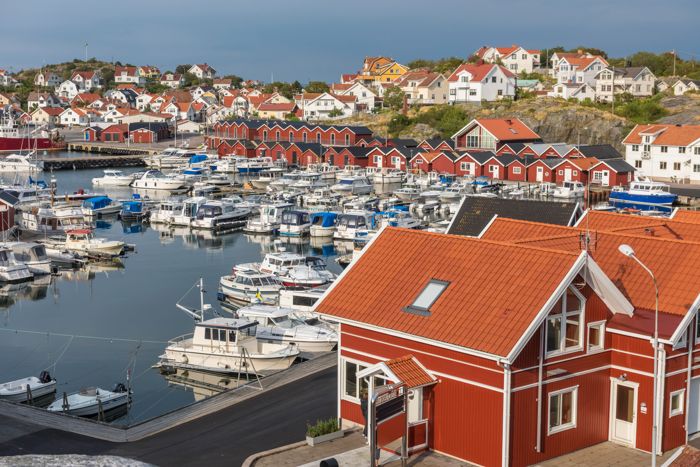
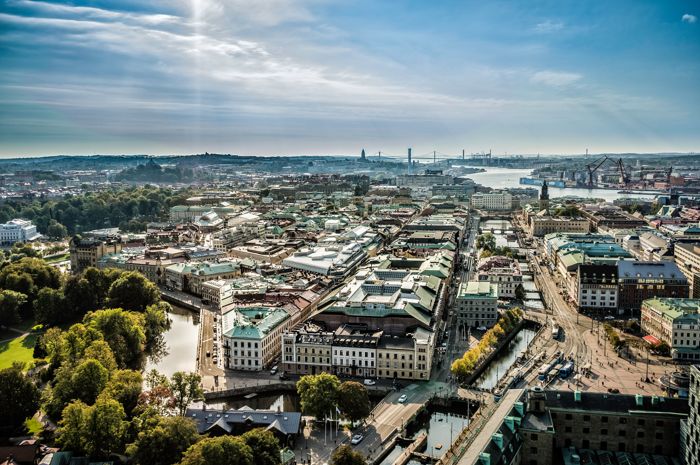
© Per Pixel Petersson - Göteborg & Co
© Steampipe Production Studio AB - Göteborg & Co
© Per Pixel Petersson - Göteborg & Co
Situated on the scenic west coast of Sweden, Gothenburg, a city founded in 1621, is rich in history and is now also an academic hub with nearly 40000 students.
It's beautifully situated by the Swedish archipelago and its closeness to the water has always been a large part of the city’s core. Founded by King Gustav II Adolf, Sweden’s second city soon established itself as a commercial fishing and shipbuilding hub and later emerged as a leader in transport innovation.
The city has been named the world's most sustainable destination by The Global Destination Sustainability Index every year since 2016, and in 2020, it was named one of the top European Capitals of Smart Tourism.
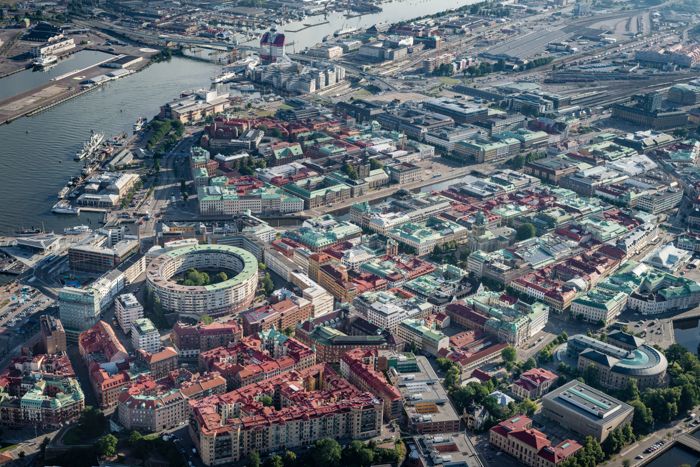
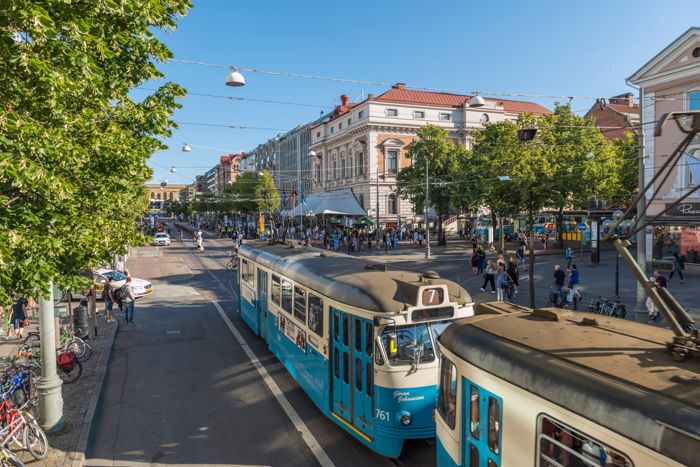
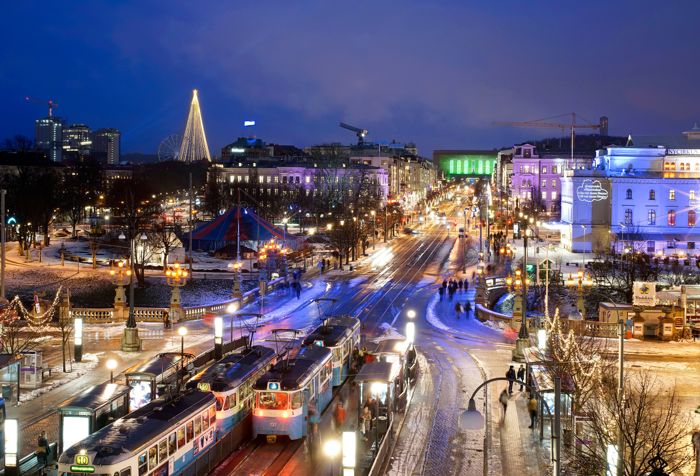
© Per Pixel Petersson - Göteborg & Co
© Steampipe Production Studio AB - Göteborg & Co
© Dick Gillberg - Göteborg & Co
Gothenburg boasts not just the famous Swedish amusement park Liseberg, but also “Avenuen”, a grand boulevard that runs through the city and is home to numerous museums and cultural venues. The archipelago is a stone´s throw away and there are plenty of opportunities to explore the many islands.
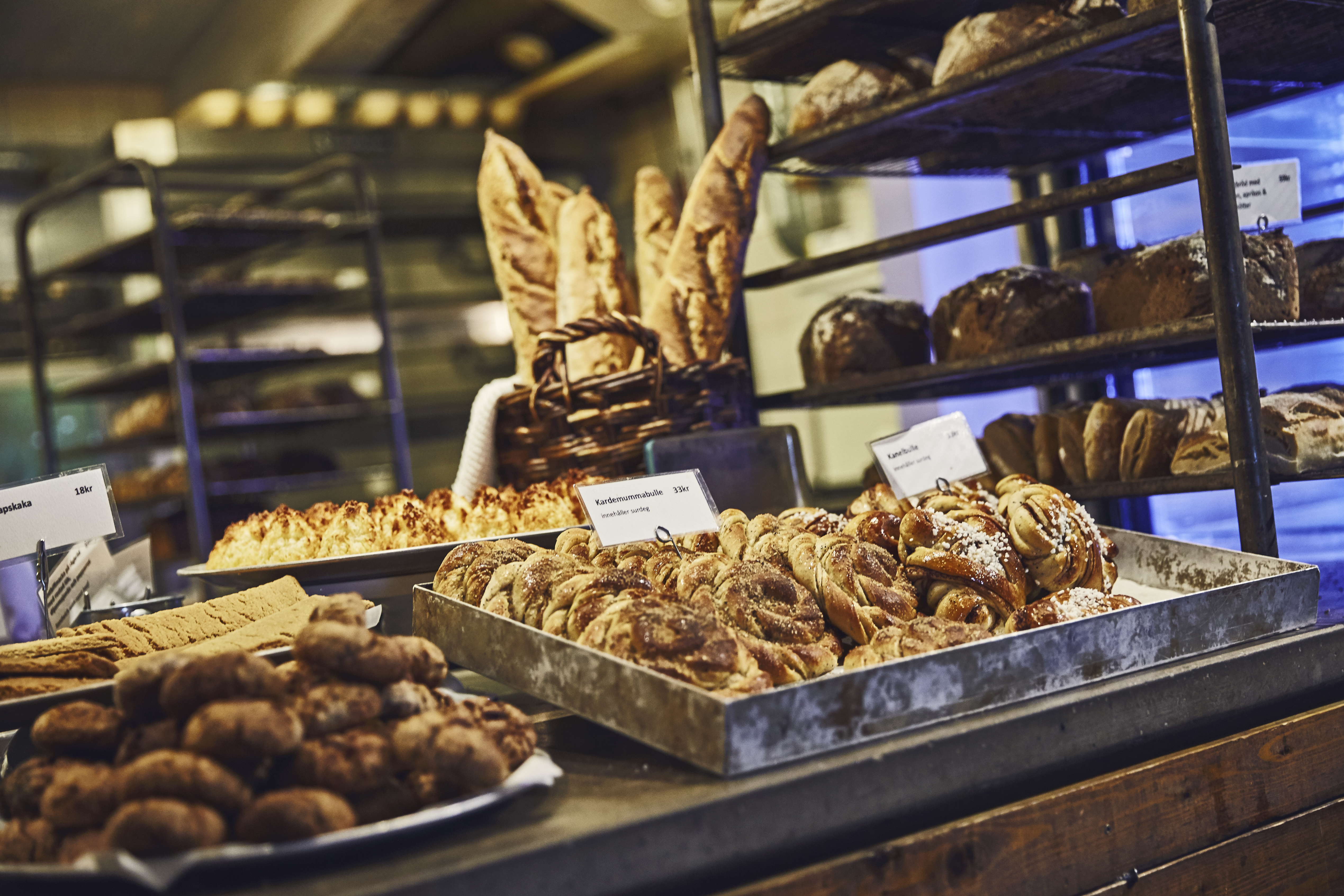
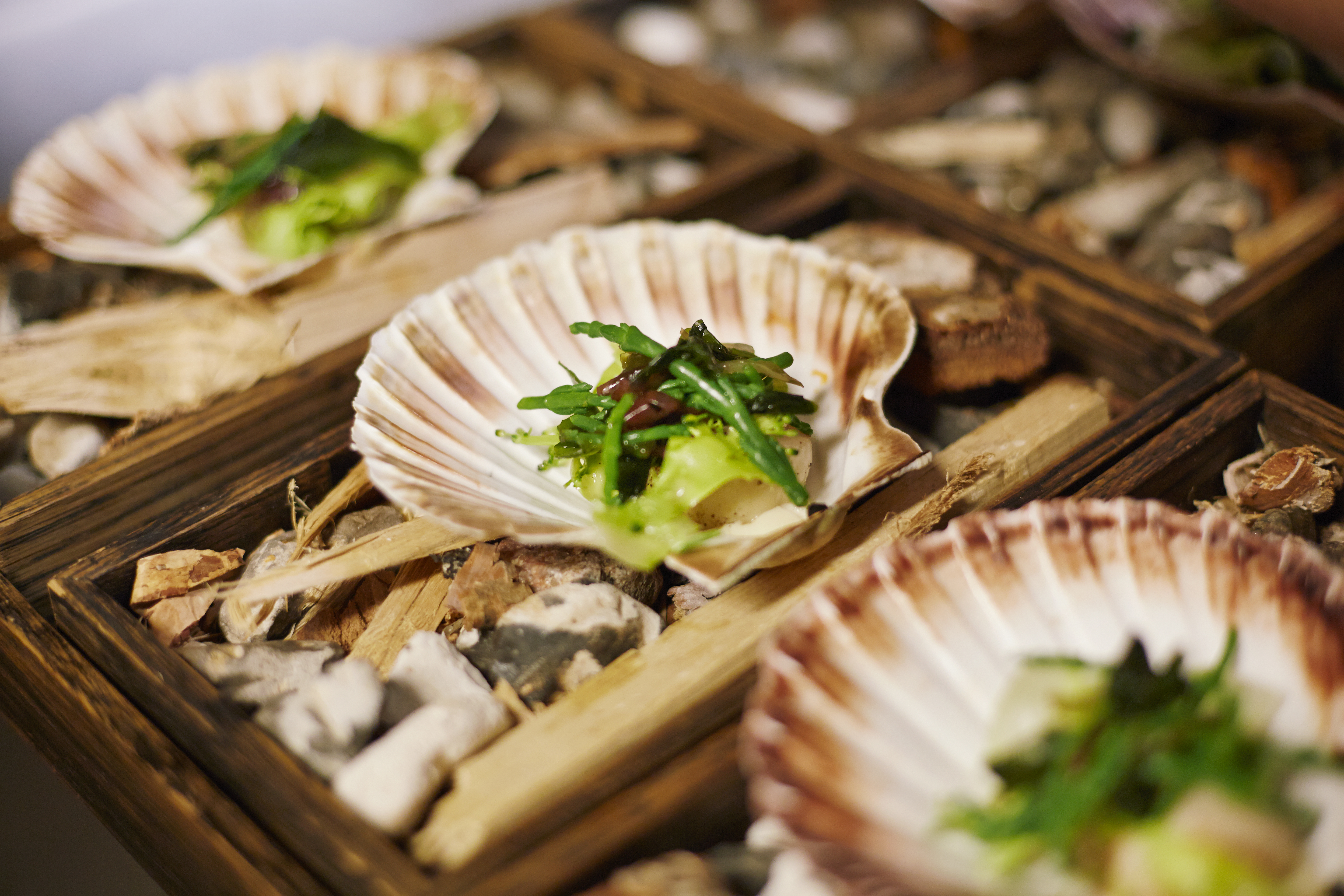
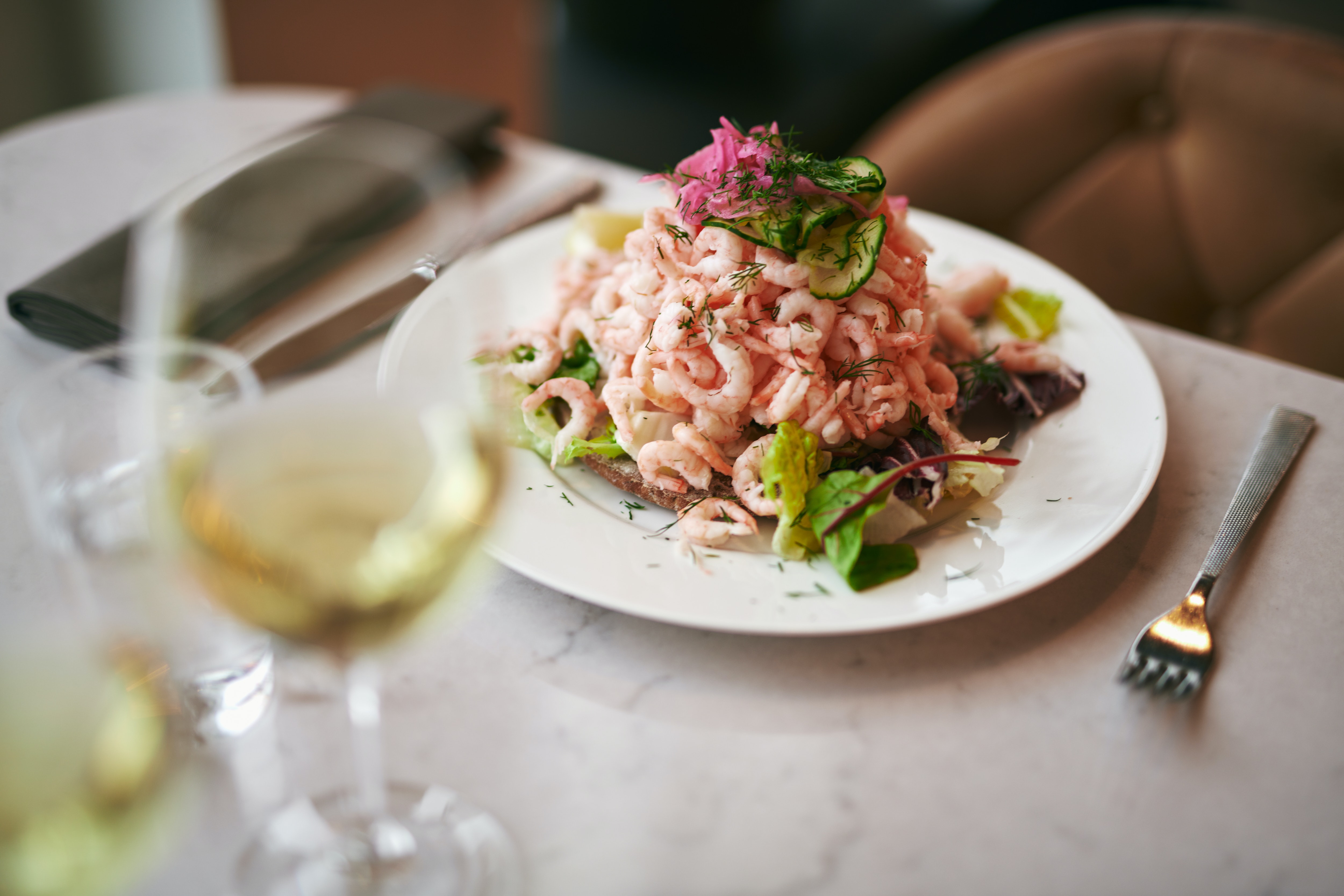
© Superstudio D&D AB - Götenborg & Co
© Happy Visuals - Götenborg & Co
As a center for gastronomy, Gothenburg boasts 18 restaurants listed in the Michelin Guide, with 5 restaurants awarded stars. Gothenburg is also home to several dishes from traditional Swedish cuisine. Some typical dishes from this city are shrimp sandwiches, Halv Special (a Swedish hot dog), Mackerell, Cinamon buns, and Hönökaka (a flat soft white sweet bread). There are more culinary delights than meatballs!
Sweden
Sweden, officially known as the Kingdom of Sweden, is a Nordic country situated on the Scandinavian Peninsula in Northern Europe. It shares borders with Norway to the west and north, Finland to the east, and is connected to Denmark in the southwest by a bridge-tunnel across the Öresund. Sweden is the largest Nordic country and the fifth-largest country in Europe. All the Scandinavian capitals are within easy reach.
Sweden is famous for its beautiful forests, numerous lakes, and extensive coastline. Many long rivers pass through the landscape, most of the population lives near water.
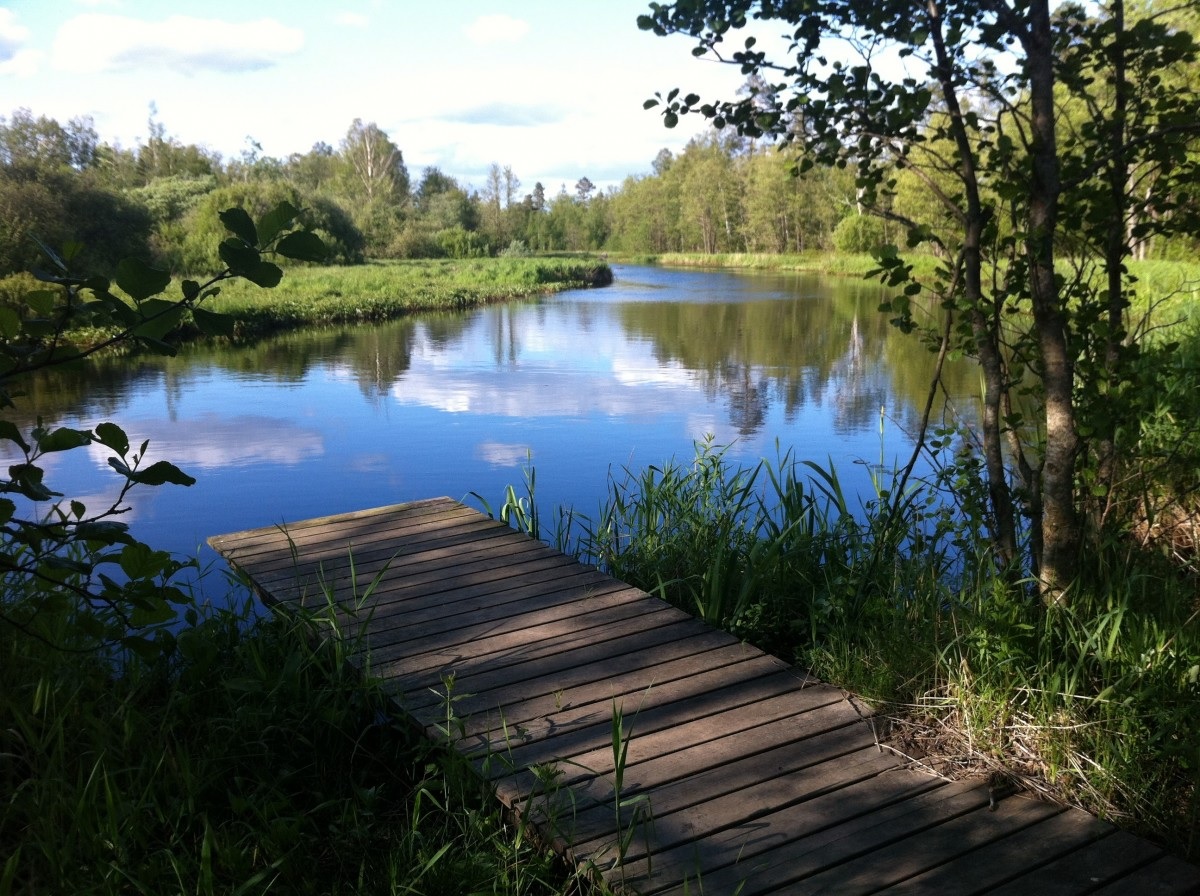
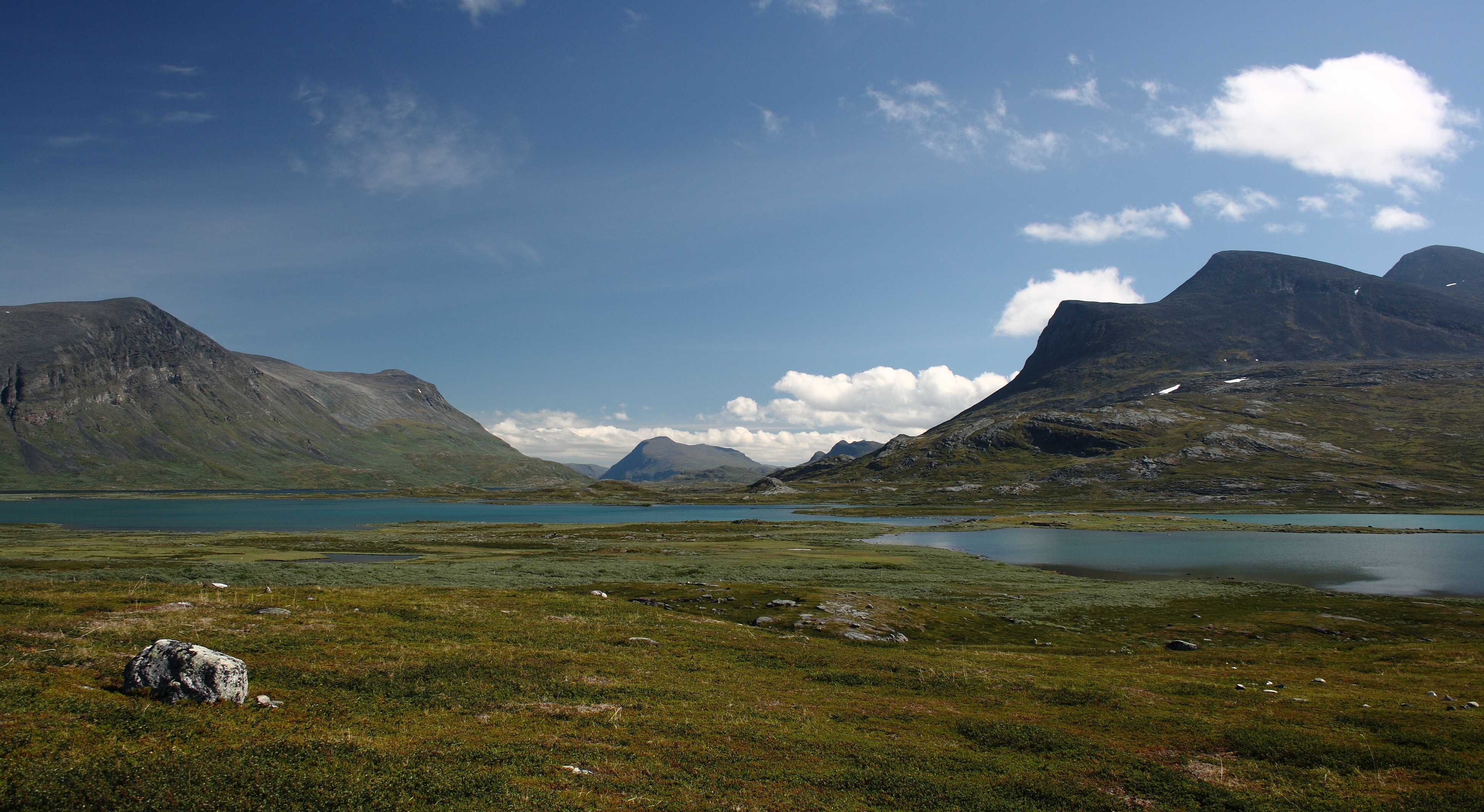

© Creative Commons Attribution 1.0 Universal
© Anders Wester - Göteborg & Co
Sweden is a highly developed country, it has the world's 14th highest GDP per capita and is known for its high quality of life, healthcare, education, protection of civil liberties, economic competitiveness, income equality, gender equality, and prosperity.
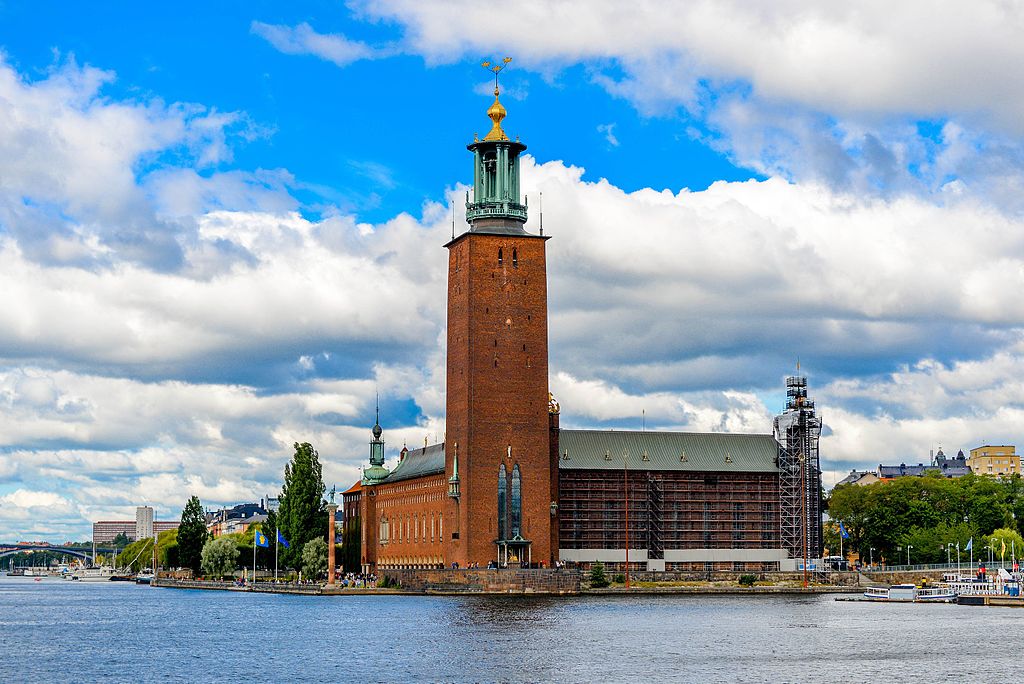
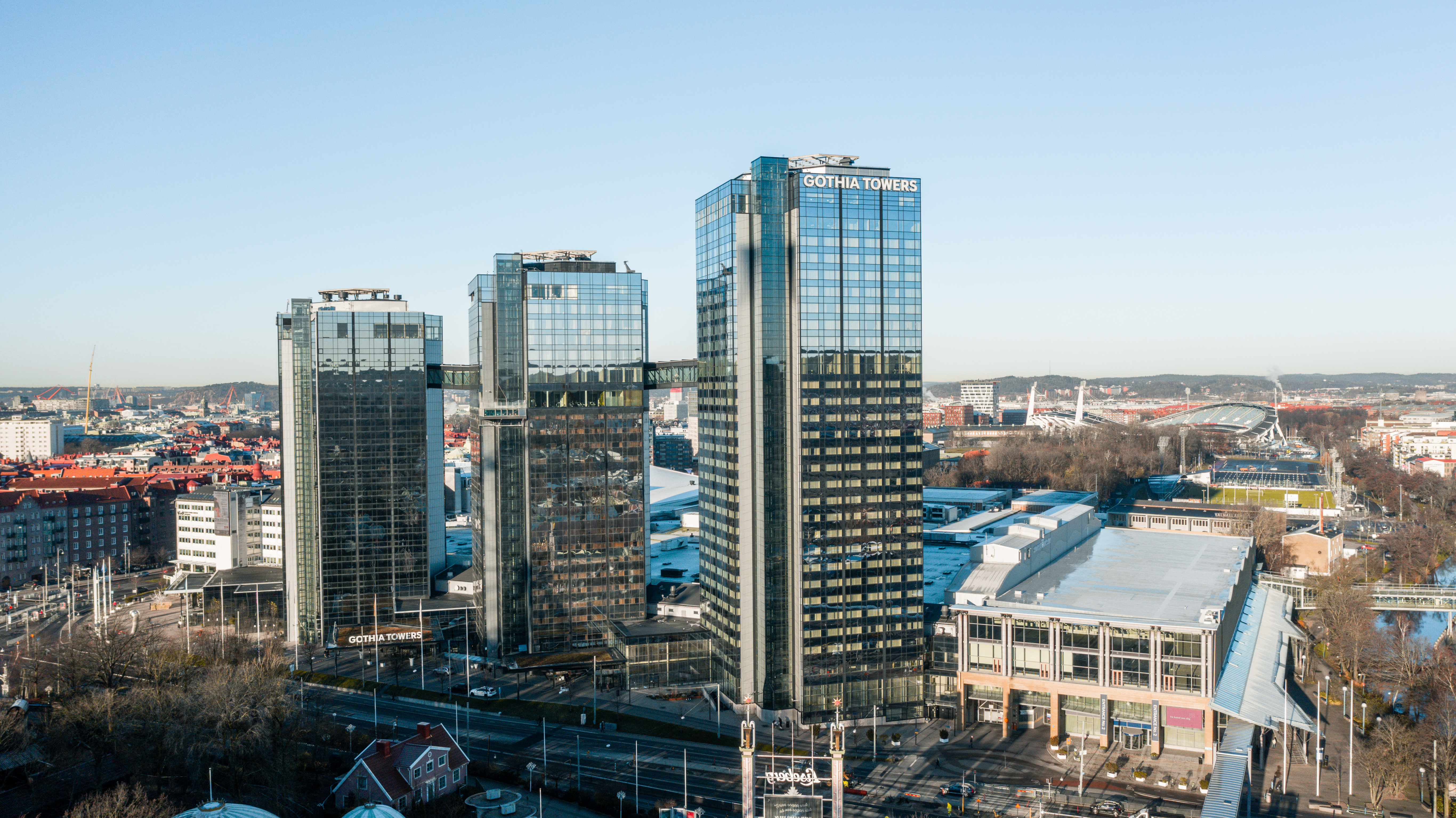
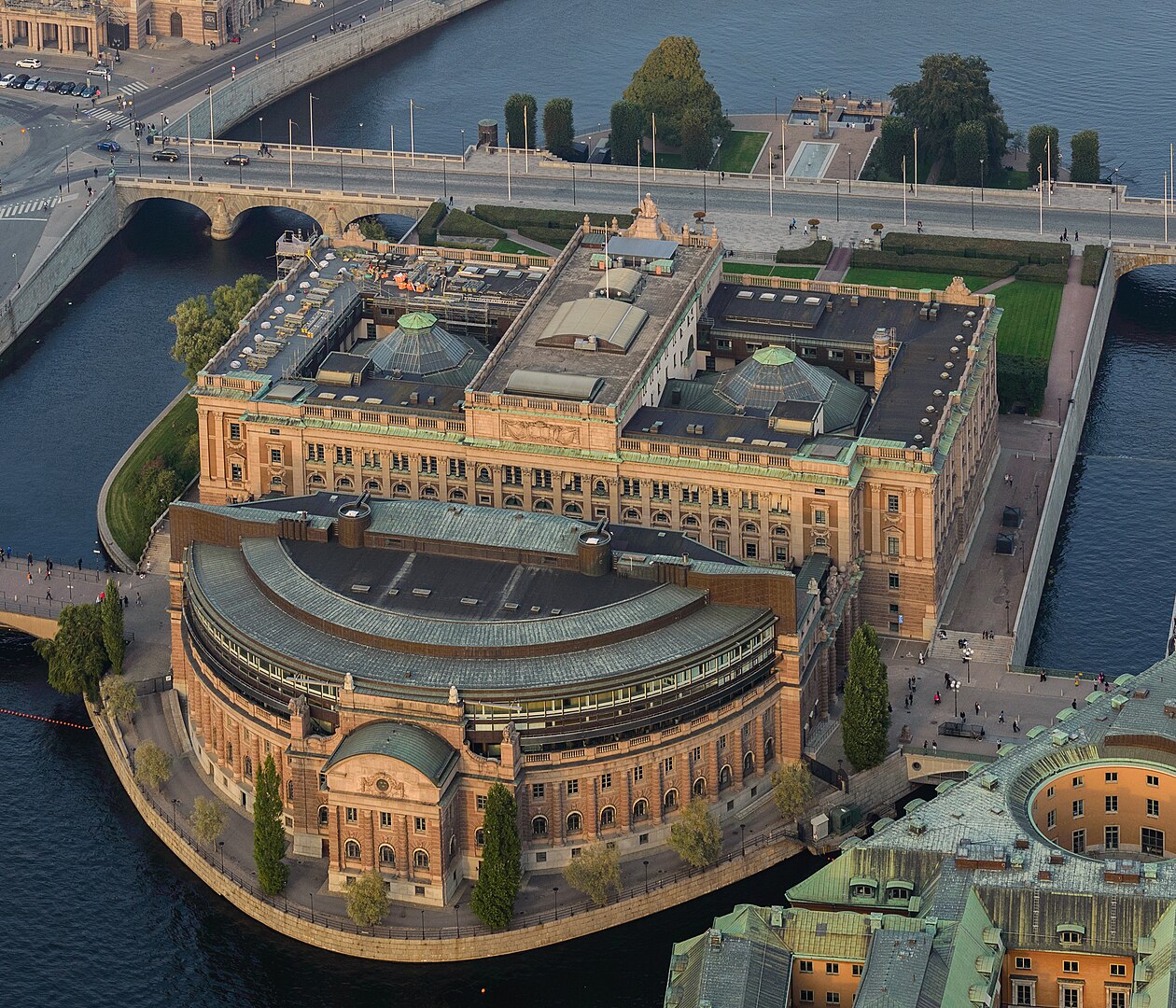
© Jonatan Svensson Glad - Creative Commons Attribution-Share Alike 4.0
© House of Vision - Götenborg & Co
© Arild Vagen - Creative Commons Attribution-Share Alike 4.0
Some of the most popular dishes in Swedish cuisine include Swedish meatballs, which are traditionally served with gravy, boiled potatoes, and lingonberry jam; pancakes; and pyttipanna, a spiced fried hash of meat and potatoes that was originally meant to use up any leftover meat. Despite the fact that modern-day Swedish cuisine has adopted many international dishes, and in some cases made new versions of it including “the Friday night tacos”, traditional Swedish dishes, some of which are many hundreds of years old, are still an important part of everyday Swedish meals.
